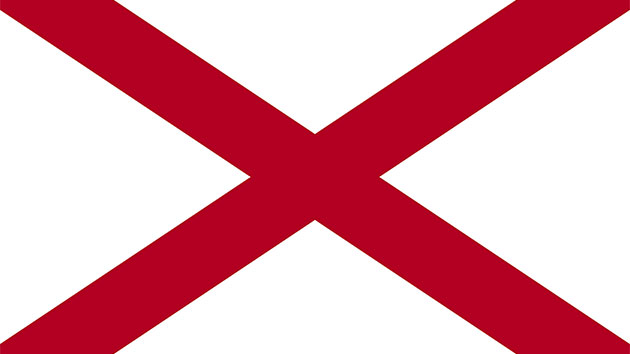
iStock/Viktorcvetkovic
 iStock/Viktorcvetkovic(NEW YORK) — The law signed in Alabama banning most abortions has been seen by many opponents as an attack on women’s bodies. But experts say there is a certain subset of people who are being further impacted: lower income individuals.
iStock/Viktorcvetkovic(NEW YORK) — The law signed in Alabama banning most abortions has been seen by many opponents as an attack on women’s bodies. But experts say there is a certain subset of people who are being further impacted: lower income individuals.
Angela Ferrell-Zabala, the national director of strategic partnerships at Planned Parenthood Federation of America, said restrictive bans are particularly “devastating” for lower-income individuals.
“People of color and LGBTQ people are disproportionately likely to be low income and depend on federally-funded insurance like Medicaid, so it’s pretty hard to ignore the impact that these bans will have on these communities in particular,” she said.
Ferrell-Zabala added that Planned Parenthood has heard how women end up having to “divert money” that may be earmarked for rent, groceries or utility bills towards paying for an abortion.
Yamani Hernandez, the executive director of the National Network of Abortion Funds, said the cost of a first term abortion can range from $300 to $600.
“For some people, that’s a whole week’s worth of wages or a half a month’s worth of wages,” Hernandez said.
Additionally, Ferrell-Zabala said, “If you’re struggling to make ends meet, you might not be able to afford to get an abortion until later in your pregnancy.”
While there is more variability on the price of a second term abortion, where the cost depends more on what week in the pregnancy the procedure is performed, Hernandez said it can cost between $5,000 and $10,000.
Additionally, the decreasing number of abortion clinics throughout the country mean some women have to add the costs of traveling.
If bans like the one passed in Alabama this week, which is facing legal challenges already, go into effect, more women would need to travel further when seeking an abortion.
These factors are well known to abortion funds, which are groups that give grants to women who call in asking for help paying for a procedure.
“The complexity of the calls is increasing and the logistics are becoming more onerous and expensive because folks have to travel further and they need more,” Hernandez said. “It’s not just the cost of the abortion. It’s the plane ticket, it’s multiple nights in a hotel. It’s food while they’re waiting.”
Ferrell-Zabala said she also thinks anti-abortion lawmakers are consciously using the cost as well as bans on abortion after a certain week in a pregnancy as a way to make abortion inaccessible for some individuals: Because it takes time to come up with the money, patients may be pushed past the week limit in their states.
“This makes it less likely that they’re able to access abortion at all,” she said, adding, “I think this is part of their plan.”
The uproar over the controversial ban in Alabama as well as the recently signed law in Georgia banning abortions after a fetal heartbeat is detected, which is typically about six weeks into a pregnancy, have prompted an outpouring of financial support for those working to help counter the measures from across the country.
As of Thursday, the National Network of Abortion Funds received 13,000 donations totaling $300,000 over the past few days while the Alabama ban was in the news, Hernandez said. That marked a major uptick for the organization, as she said that they normally receive 9,500 donations, totaling $800,000, over an entire year.
Abortion funds receive about 150,000 calls for help annually, she said, 29,000 of which they are able to support and grant money to the callers.
“These are the decisions that we hear people make on the help lines: to buy food or pay for an abortion? To pay rent or pay for an abortion? To take out a predatory loan to pay for an abortion?” Hernandez said.
Copyright © 2019, ABC Radio. All rights reserved.